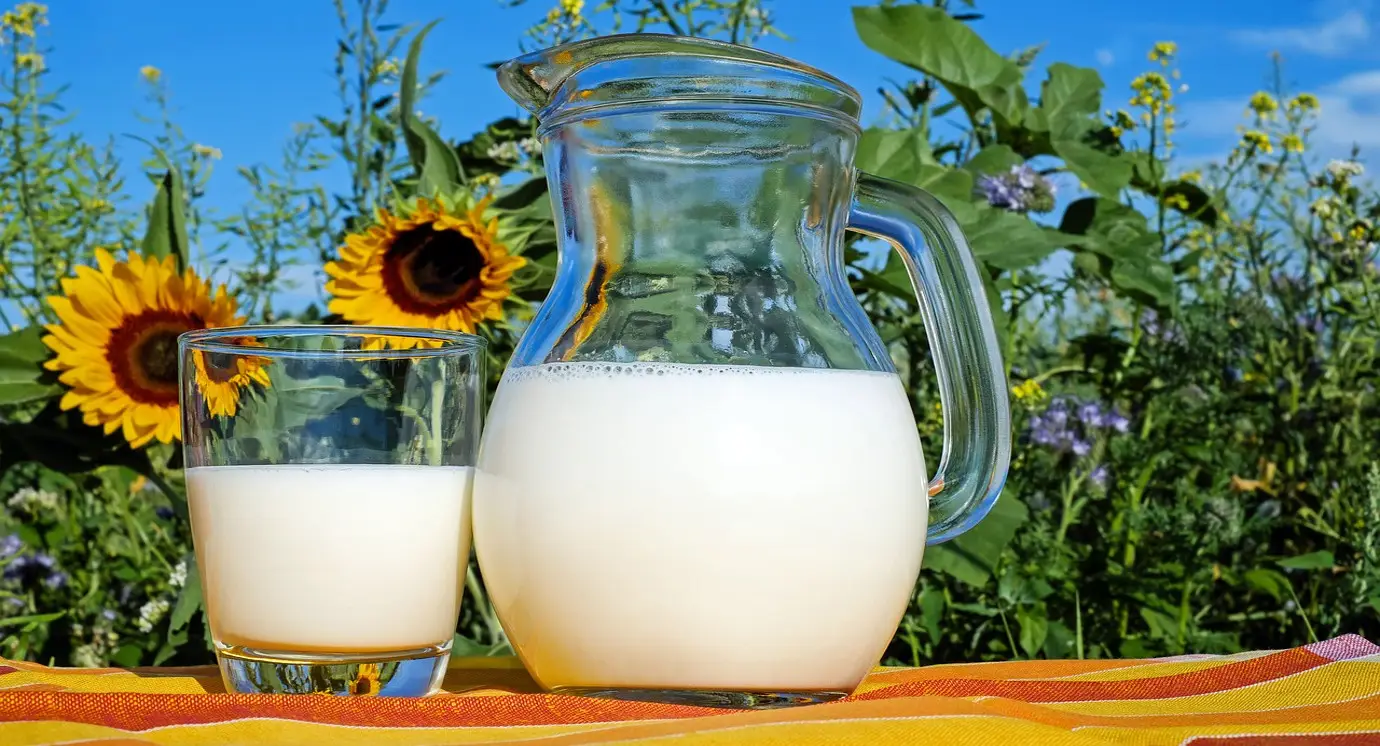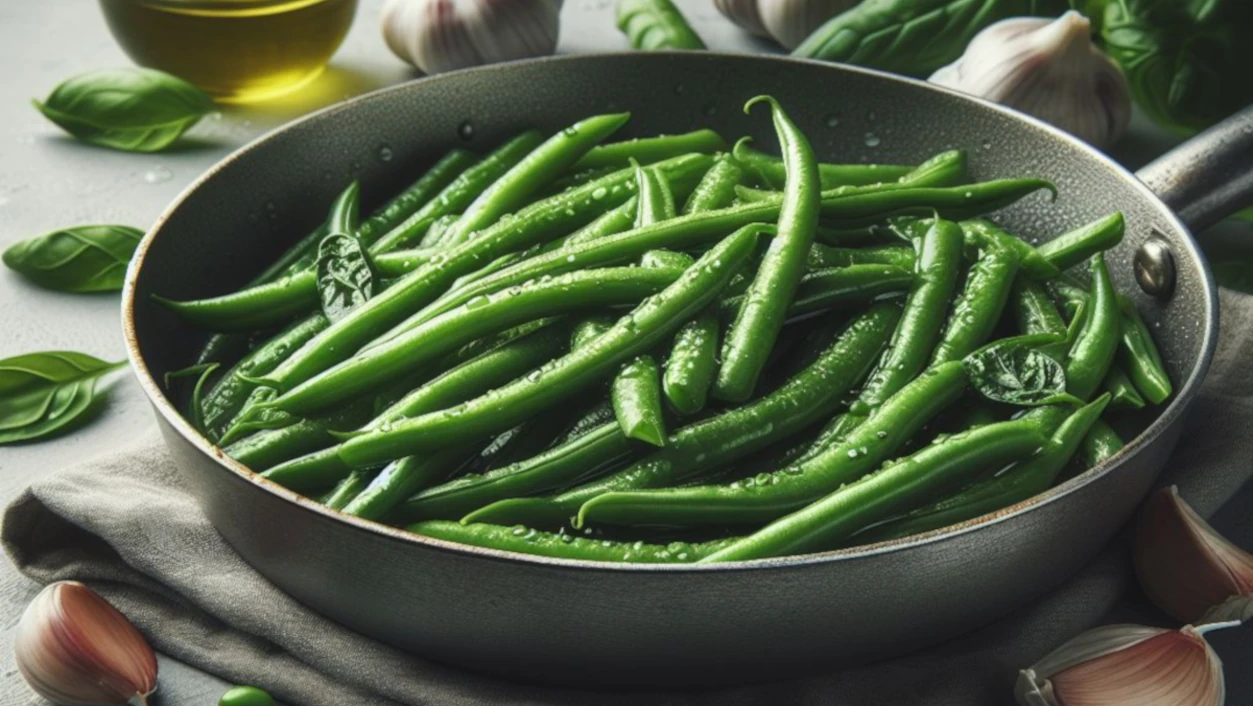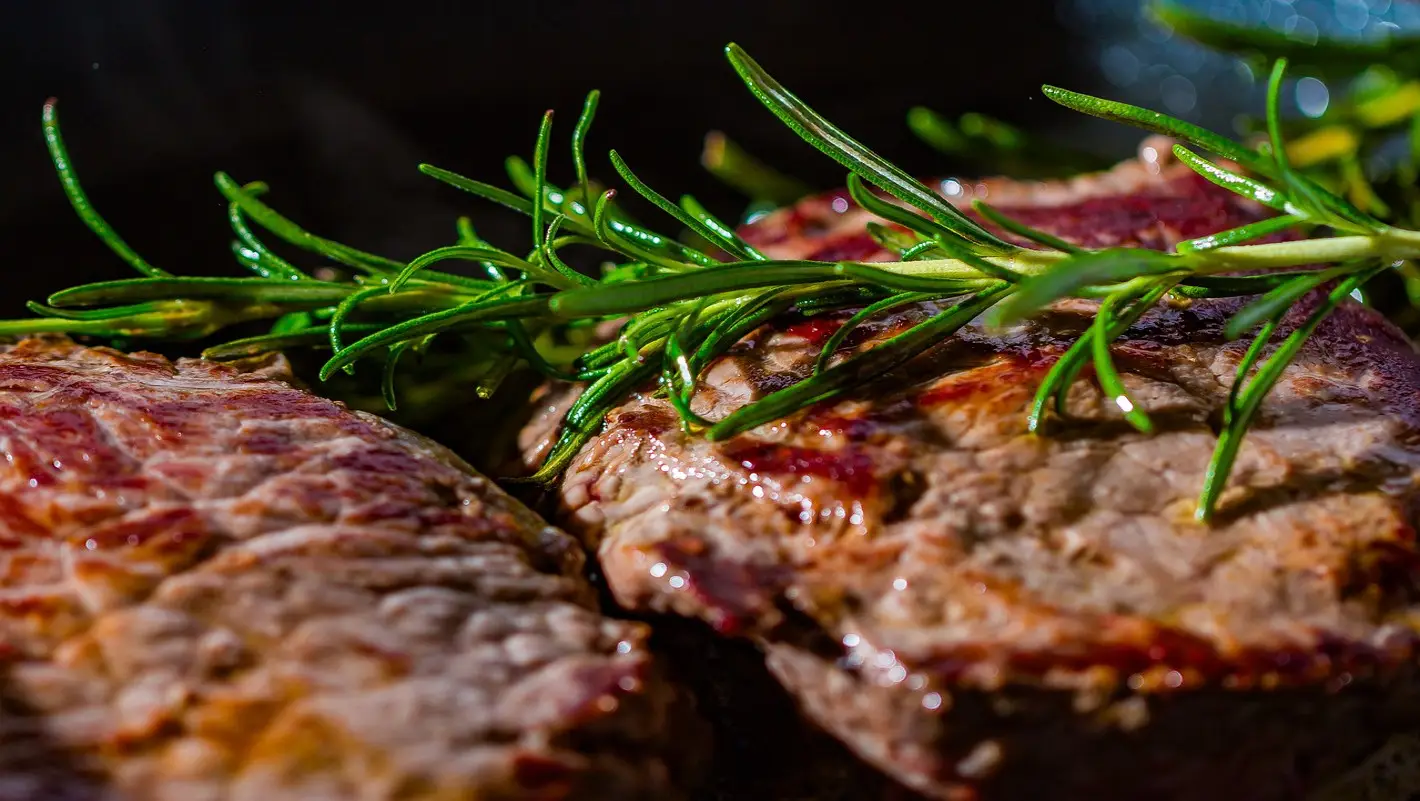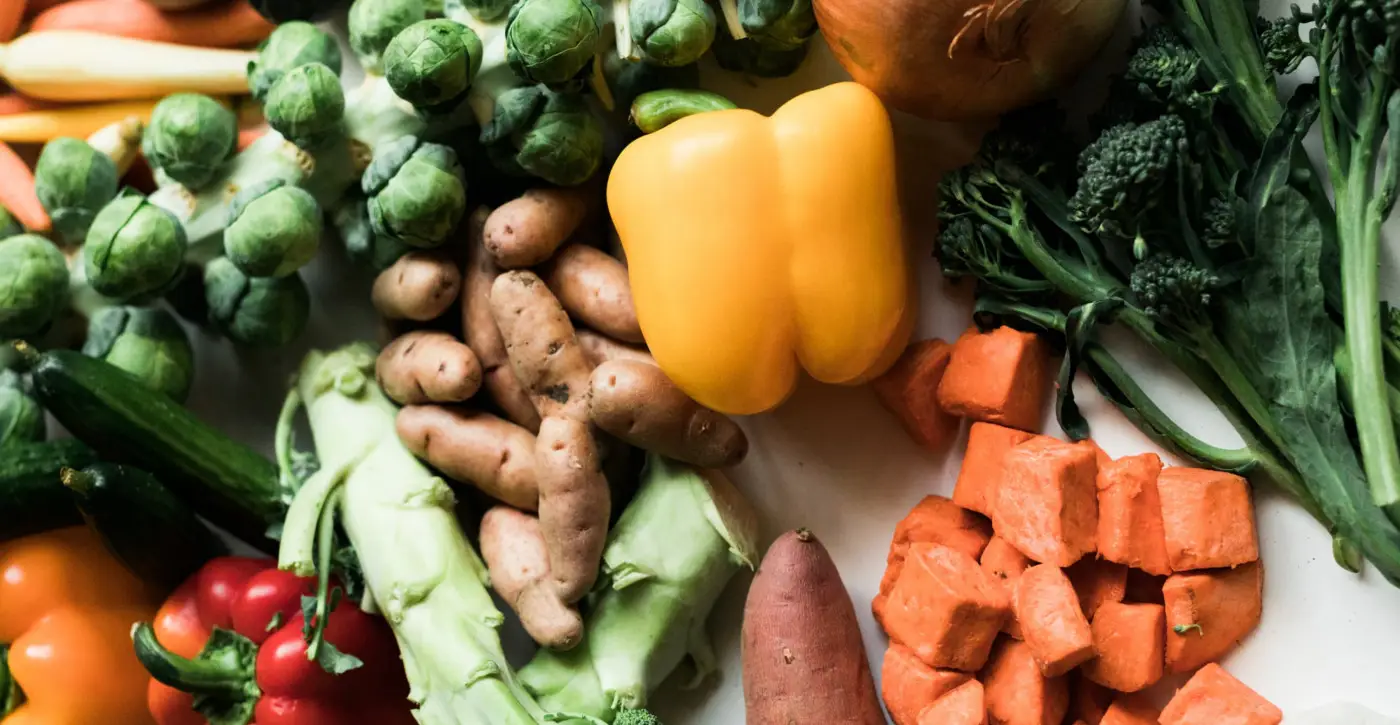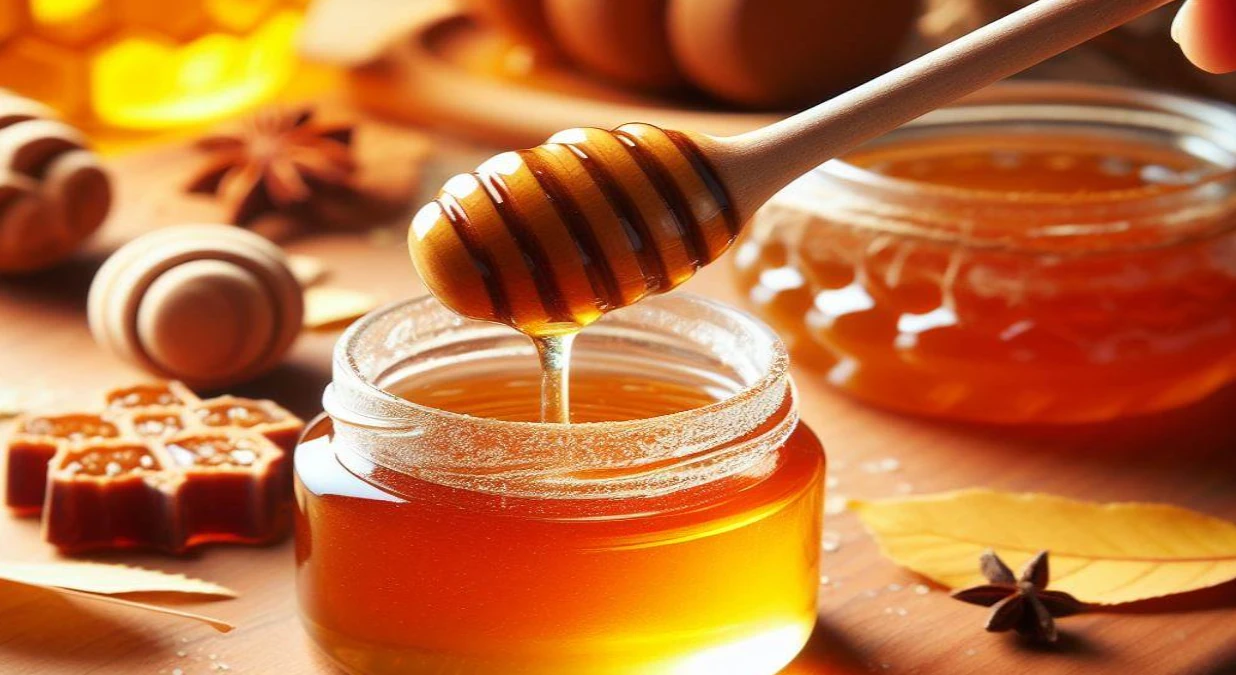Pike Lysine and Arginine Info Sheet
Overview
Pike is a predatory fish that has a long, slender body and sharp teeth. It has a mild, firm flesh and a few bones. Pike is often sold fresh, frozen, or smoked. Pike is popular in northern Europe, where it is used to make dishes such as quenelles and pike-perch.Pike is high in protein, omega-3 fatty acids, selenium, vitamin B12, and niacin.
It also contains moderate amounts of mercury, which can be harmful if consumed in excess.
Pike consumption should be limited to avoid mercury poisoning, especially for pregnant women and children.
| Name | Lysine (mg/100g) | Arginine (mg/100g) | Ratio |
|---|---|---|---|
| Pike | 1764.71mg | 1151.76mg | 1.532 |
Pike contains 1764.71mg of Lysine and 1151.76mg of Arginine per 100g of product.
This means Pike has a high Lysine-Arginine ratio of 1.532.
Because Pike contains much higher levels of lysine than arginine, it is highly recommended for people who suffer from herpes, as it may prevent outbreaks.
Lysine Considerations
Lysine is an essential amino acid that supports immune function, collagen synthesis, and calcium absorption.
Pike provides a high amount of lysine, which may help prevent or treat cold sores, herpes, and osteoporosis.
Lysine has the potential to prevent or treat cold sores, which are blisters caused by the HSV-1 virus, also known as herpes.
Lysine operates by stunting the proliferation of HSV-1, which relies on another amino acid, arginine, to reproduce and infect cells.
Lysine can only be acquired through our diet, and is present in multiple high-protein foods such as eggs, milk, cheese and yogurt, fish, meat and poultry.
Arginine Considerations
Arginine is a semi-essential amino acid that plays a role in nitric oxide production, blood vessel dilation, wound healing, and growth hormone secretion.
Pike provides a moderate amount of arginine, which may improve cardiovascular health, erectile function, and exercise performance.
Arginine can improve your wellbeing and performance, such as lowering your blood pressure, healing your wounds, and boosting your exercise endurance.
Arginine can be made by your body or obtained from foods like meat, dairy, nuts, and soy.
Unfortunately, the herpes virus is known to "feed" on arginine, and having a diet higher in arginine than lysine may increase the occurrence and severity of cold sores and herpes outbreaks.
Lysine-Arginine Ratio
The lysine-arginine ratio is a measure of the balance between these two amino acids in a food.
A higher ratio indicates a higher lysine content relative to arginine, which may be beneficial for people with viral infections, such as herpes simplex.
Pike has a high lysine-arginine ratio, which may help inhibit viral replication and reduce the severity and frequency of outbreaks.
Both lysine and arginine are important for protein synthesis and other bodily functions.
The two compounds can affect the herpes simplex virus, which is responsible for cold sores and genital herpes, in opposite ways.
Lysine can the body or stop the virus from reproducing, while arginine can help it propagate.
Eating foods with a high lysine-arginine ratio could help lower the appearance and severity of herpes flare ups.
Some foods that have a high lysine-arginine ratio are milk, cheese and yogurt, fish, poultry, fruits, and vegetables.
These foods can give the body enough lysine to prevent the virus from taking up arginine, and thus stop its growth and spread.
Dietary Considerations
Fish is a great source of lysine, which can help prevent or relieve herpes outbreaks.
Fish also contains omega-3 fatty acids, which can relieve inflammation and improve cardiovascular health.
Most fish have more lysine than arginine, but some fish have a higher ratio than others.
Salmon, catfish, whitefish, mackerel, trout, and sardines are some of the fish that have the most lysine compared to arginine.
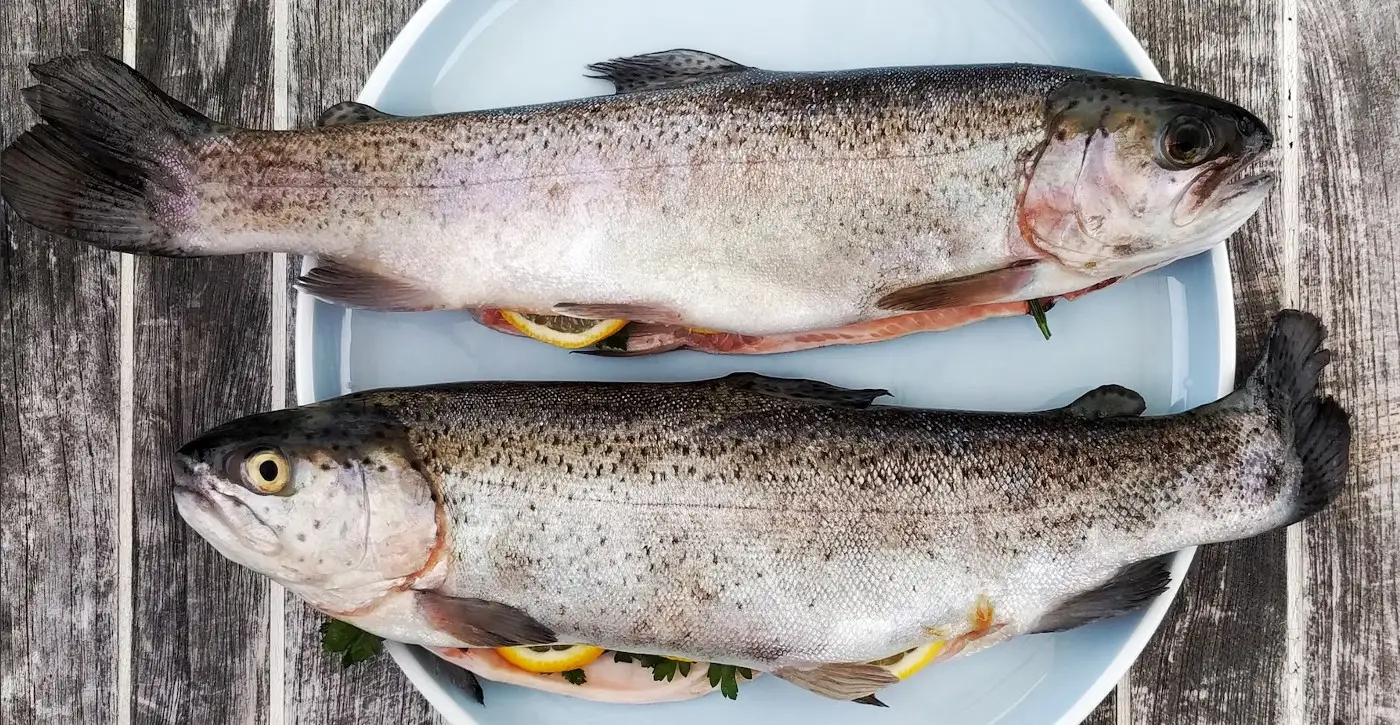
For example:
A diverse and nutritious diet that supports your immune system and fights inflammation is essential.
This means you should eat lots of fruits, vegetables, whole grains, lean protein, and healthy fats, and steer clear of processed foods, added sugars, alcohol, and caffeine, which can harm your health.
You may want to take l-lysine supplements.
L-lysine is known to prevent herpes outbreaks and it can help stop a cold sore in its initial stages by "starving" the virus of arginine before it has a chance to cause a cold sore.
Other food supplements, such as vitamin C, zinc, selenium, and antioxidants, can help you boost your immunity and protect your cells from oxidative stress.
To prevent outbreaks, avoid foods that can cause allergic reactions or sensitivities, such as gluten, dairy, nuts, eggs, or shellfish.
These foods can harm your immune system and make inflammation worse.
Try eating foods that can enhance your immune system and reduce inflammation to avoid outbreaks.
Some of these foods are honey, yogurt, aloe vera, and chamomile.
They can also help you with your symptoms by easing pain, swelling, and itching, and accelerating your recovery.
Check more food information
